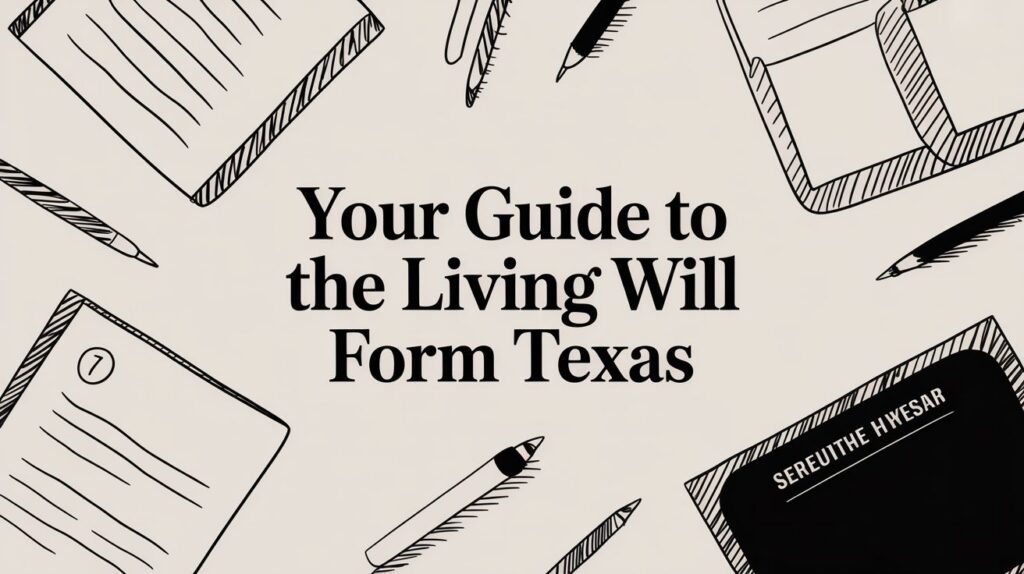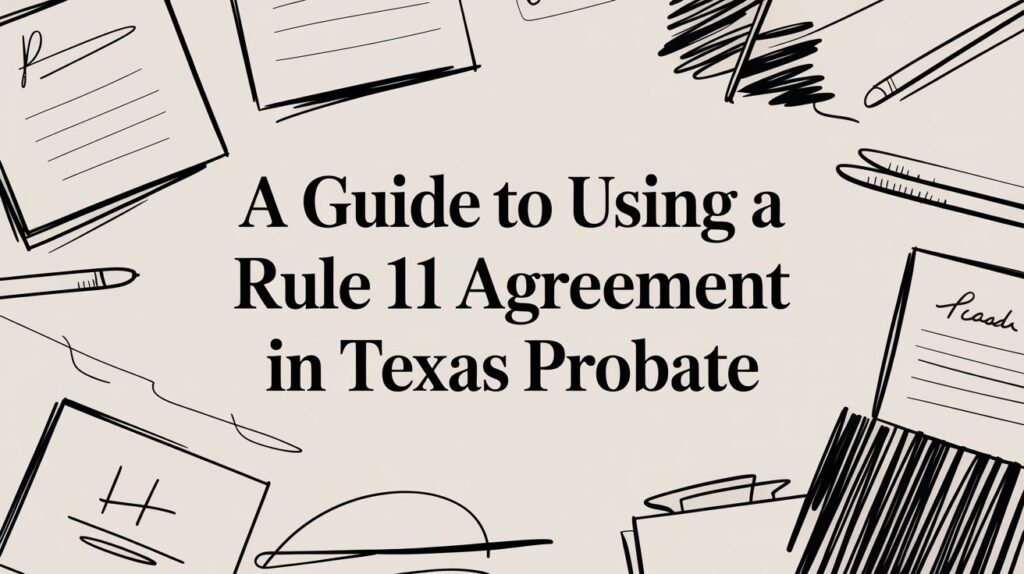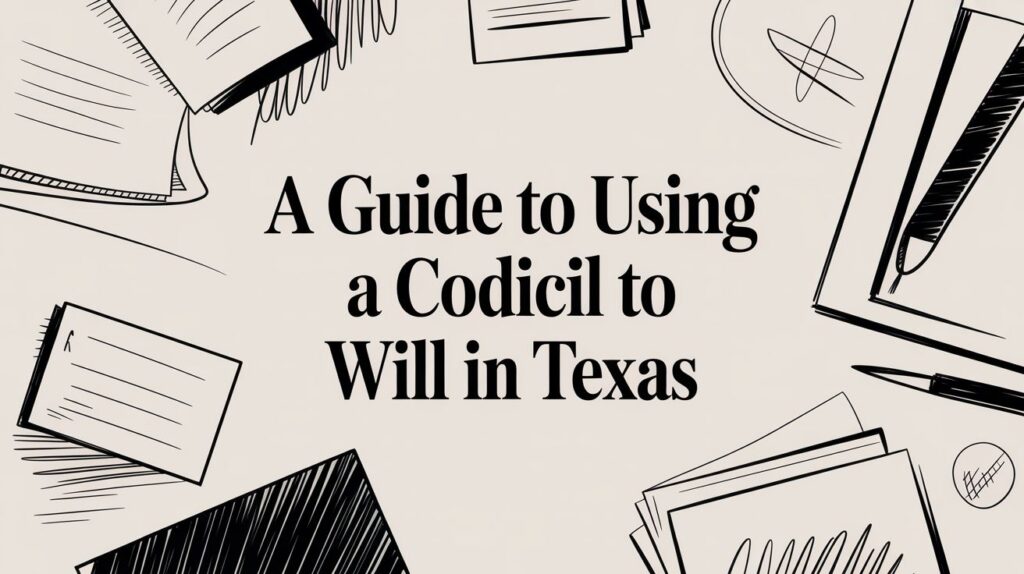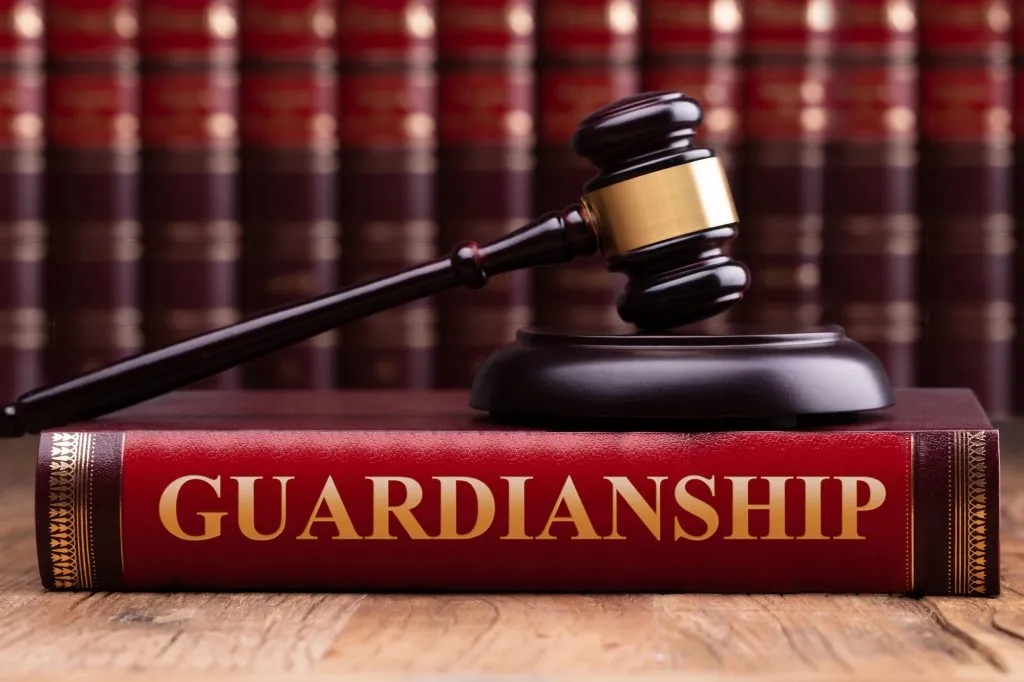Frequently Asked Questions
How to choose an estate lawyer?
Choosing an estate lawyer involves considering their experience in probate law, understanding of your specific needs, and their communication style. It's essential to schedule consultations to assess their expertise and ensure a good fit for your case.
Is probate lawyer necessary?
The necessity of a probate lawyer is significant. A probate lawyer can help navigate complex legal processes, ensure proper administration of the estate, and address any disputes that may arise, making the probate process smoother and more efficient.
What does probate lawyer do?
Probate lawyers assist clients in navigating the probate process, which includes validating wills, managing estate assets, and ensuring the proper distribution of property according to legal requirements. They provide essential guidance and representation throughout this complex legal procedure.
What is probate process?
The probate process is the legal procedure through which a deceased person's assets are distributed, debts settled, and their will validated, ensuring that their estate is managed according to their wishes and Texas law.
Is estate planning necessary?
Estate planning is necessary to ensure that your wishes are honored regarding asset distribution, guardianship of dependents, and minimizing taxes. It provides peace of mind and clarity for your loved ones during difficult times.
Why hire a young adult estate lawyer?
Hiring a young adult estate lawyer offers fresh perspectives and a strong understanding of current laws, ensuring that your estate planning needs are met with modern strategies and approaches tailored to your unique situation.
Can a young adult make a will?
Young adults can indeed make a will. As long as they are of legal age, which is typically 18 years old in most states, they have the right to create a will to specify how their assets should be distributed.
How to find a Sugar Land estate lawyer?
Finding a Sugar Land estate lawyer involves researching local attorneys with expertise in probate law, checking online reviews, and seeking referrals from trusted sources. Schedule consultations to discuss your needs and ensure a good fit.
What is estate planning?
Estate planning is the process of organizing and preparing for the management and distribution of your assets after your death. It ensures your wishes are honored and can help minimize taxes and legal complications for your heirs.
What does an estate lawyer do?
An estate lawyer specializes in managing legal matters related to wills, trusts, and probate. They guide clients through the estate planning process, ensure compliance with laws, and help resolve disputes regarding inheritance and estate administration.
What is probate law?
Probate law is the legal process through which a deceased person's estate is administered, ensuring that debts are settled and assets are distributed according to their will or state law if no will exists.
How to choose probate lawyer?
Choosing a probate lawyer involves considering their experience in probate law, client reviews, and personalized service. Look for a lawyer who offers clear communication and a compassionate approach to guide you through the probate process effectively.
What is probate in estate planning?
Probate in estate planning is the legal process through which a deceased person's assets are distributed and their debts settled under court supervision, ensuring that the estate is administered according to the deceased's wishes as outlined in their will.
What qualifications should an estate lawyer have?
The qualifications an estate lawyer should have include a law degree, specialized training in estate planning and probate law, relevant state bar certification, and experience handling probate cases to effectively navigate the complexities of estate matters.
How long does the probate process take?
The duration of the probate process can vary significantly based on several factors, including the complexity of the estate and local court schedules. Typically, it can take anywhere from a few months to over a year to complete.
What are the costs of estate planning?
The costs of estate planning can vary significantly based on individual needs, complexity, and the services required. Typically, expenses may include attorney fees, document preparation, and potential court costs, which can range from a few hundred to several thousand dollars.
What are the benefits of hiring a probate lawyer?
The benefits of hiring a probate lawyer include expert guidance through complex legal processes, ensuring compliance with state laws, and minimizing disputes among heirs. Their experience can streamline the probate process, saving time and reducing stress for families.
How to prepare for a probate consultation?
Preparing for a probate consultation involves gathering relevant documents such as the deceased's will, financial statements, and any estate-related paperwork. This information will help your attorney provide tailored guidance for your specific situation.
What documents are needed for estate planning?
The documents needed for estate planning include a will, power of attorney, healthcare proxy, and possibly a trust. These documents ensure your wishes are honored and provide guidance for your loved ones in managing your estate.
Can probate be avoided with proper planning?
Probate can often be avoided with proper planning. By utilizing tools such as living trusts and beneficiary designations, individuals can ensure their assets are transferred directly to heirs, bypassing the probate process altogether.
What is the role of an estate executor?
The role of an estate executor is to manage and distribute a deceased person's assets according to their will. This includes settling debts, filing necessary legal documents, and ensuring that the estate is administered in compliance with probate law.
How to contest a will in probate?
Contesting a will in probate involves filing a formal objection to the validity of the will in court. This process typically requires demonstrating valid legal grounds, such as lack of testamentary capacity or undue influence, and may benefit from legal guidance.
What happens if someone dies without a will?
When someone dies without a will, their estate is considered intestate. This means that state laws will determine how their assets are distributed, which may not align with their wishes or intentions.
How to update an existing estate plan?
Updating an existing estate plan involves reviewing and revising documents such as wills and trusts to reflect changes in your life circumstances, beneficiaries, or laws. Consult with an experienced attorney to ensure all updates comply with legal requirements.
What is the difference between a will and a trust?
The difference between a will and a trust is that a will outlines how your assets will be distributed after your death, while a trust allows for the management and distribution of those assets during your lifetime and after your passing, often avoiding probate.
How to handle estate taxes during probate?
Handling estate taxes during probate involves calculating the total value of the estate, identifying applicable tax obligations, and ensuring timely payment to avoid penalties. Consulting a probate attorney can provide valuable guidance throughout this process.
What are common mistakes in estate planning?
Common mistakes in estate planning include failing to update documents, not considering tax implications, neglecting to communicate plans with family members, and overlooking the need for a comprehensive strategy that addresses all assets and beneficiaries.
How to choose between a will and a trust?
Choosing between a will and a trust depends on your specific needs and goals. A will is simpler and effective for straightforward estate distribution, while a trust offers more control and can help avoid probate, making it ideal for complex situations.
What is the significance of a living will?
The significance of a living will lies in its ability to communicate an individual’s healthcare preferences in advance, ensuring that their wishes regarding medical treatment and end-of-life care are respected when they are unable to voice them.
How can young adults benefit from estate planning?
The benefits of estate planning for young adults include ensuring that their assets are distributed according to their wishes, designating guardians for dependents, and minimizing potential legal complications for loved ones in the future.











